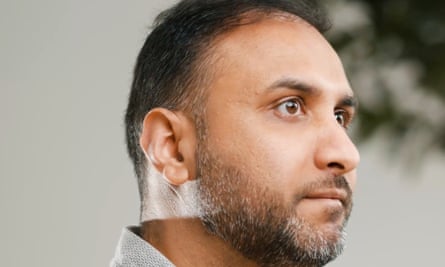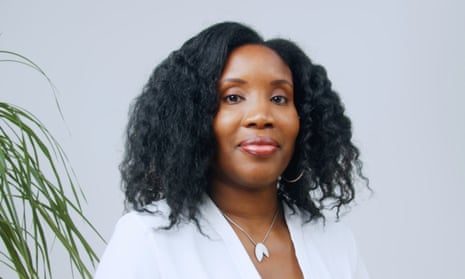Large majorities of black and Asian workers believe they have been overlooked for employment opportunities, including promotion, because of their identity, according to research, with some citing their hairstyles and not drinking alcohol as key factors.
Seventy-one per cent of employees from a black background reported feeling overlooked for opportunities owing to their identity; 66% from Asian backgrounds and 65% of those who identified as LGBTQ+ also had the same experience.
The “worrying” findings, from a study by the Chartered Management Institute, suggest UK employers may be paying lip service to public promises to promote equality and diversity, rendering workplace inclusivity an “illusion” two years after the Black Lives Matter protests. Workers who identify as LGBTQ+ also experienced greater harassment and bullying.
A third of employees polled – equivalent to 6.9 million people – said they had been treated less favourably, received hostile, derogatory or negative attitudes and comments, or had been harassed or bullied owing to their identity.
The CMI warned that the figures reveal “complacency within UK organisations that is a barrier to future economic performance and organisational success”. Direct and indirect discrimination at work based on race is almost always illegal.
Separate analysis of pay rates by the Economics Observatory has shown that black, Pakistani and Bangladeshi women have lower pay than white women and the pay gap was bigger in 2019 than 25 years earlier. The pay differential is even greater among men and has been getting worse for black, Bangladeshi and Pakistani men.
The CMI study of more than 2,000 workers showed that 23% of typical UK employees said they had experienced hostile, derogatory or negative attitudes at work, but this rose to 29% for people from Asian backgrounds, 34% for people from black backgrounds and 36% among those identifying as LGBTQ+. Disabled people were also more likely to experience such attitudes (34%) and a third said they had experienced harassment and bullying compared with 22% for typical UK employees.
“Progress is evident but painfully slow,” said Ann Francke, the CMI chief executive. “We can’t afford to wait two generations to harness all of our available talent given the economic, societal and environmental challenges we face. Employers and managers must strive to go much further than paying lip service to equality, diversity and inclusion, and commit to addressing the inequalities that exist.”
Daniella Genas, who founded She’s The Boss, a support agency for entrepreneurs, said she believes issues including her hairstyle contributed to a situation where she lost work while she was on a fixed-term contract at an IT firm in Birmingham.
She said: “I used to wear my hair in lots of different natural styles and my contract wasn’t renewed, and I remember the people in my team being in uproar, like ‘this doesn’t make any sense’.
“And I remember the last day, I had my hair straightened, just purely coincidentally, and the lady that had chosen not to extend my contract said: ‘Oh, your hair looks really nice. It’s a shame you didn’t do it like that before, maybe it would have worked out for you differently here.’”
She said it was “exhausting” to have to face such discrimination and said that, although the Black Lives Matter protests in 2020 increased awareness of such systemic racist bias and “organisations recognise they need to be seen to do something, that is not being reflected internally”.

Kasim Choudhry, 33, who runs the Multicultural Apprenticeship Alliance, which helps companies hire more diverse apprentices, said he felt isolated when his colleagues at an earlier job in corporate finance went drinking in pubs after work.
“If you’re drinking with your manager [after work] and another person is going home after work, who is going to get the promotion?” he said.
He said efforts to understand people from different communities had to extend beyond corporate HR departments and down into all ranks of organisations.
“People in this country still ask questions about Ramadan like: ‘Do you not eat for a month?’” he said. “It’s just ignorance.”
Matthew Fell, the policy director of the employers’ organisation the CBI, said: “In a healthy and productive workplace, it’s absolutely essential that all employees feel that they have an equal chance to progress and succeed – and not be held back by bias or prejudice. The moral and business case for greater diversity and inclusion is watertight. Diverse companies perform better.”
